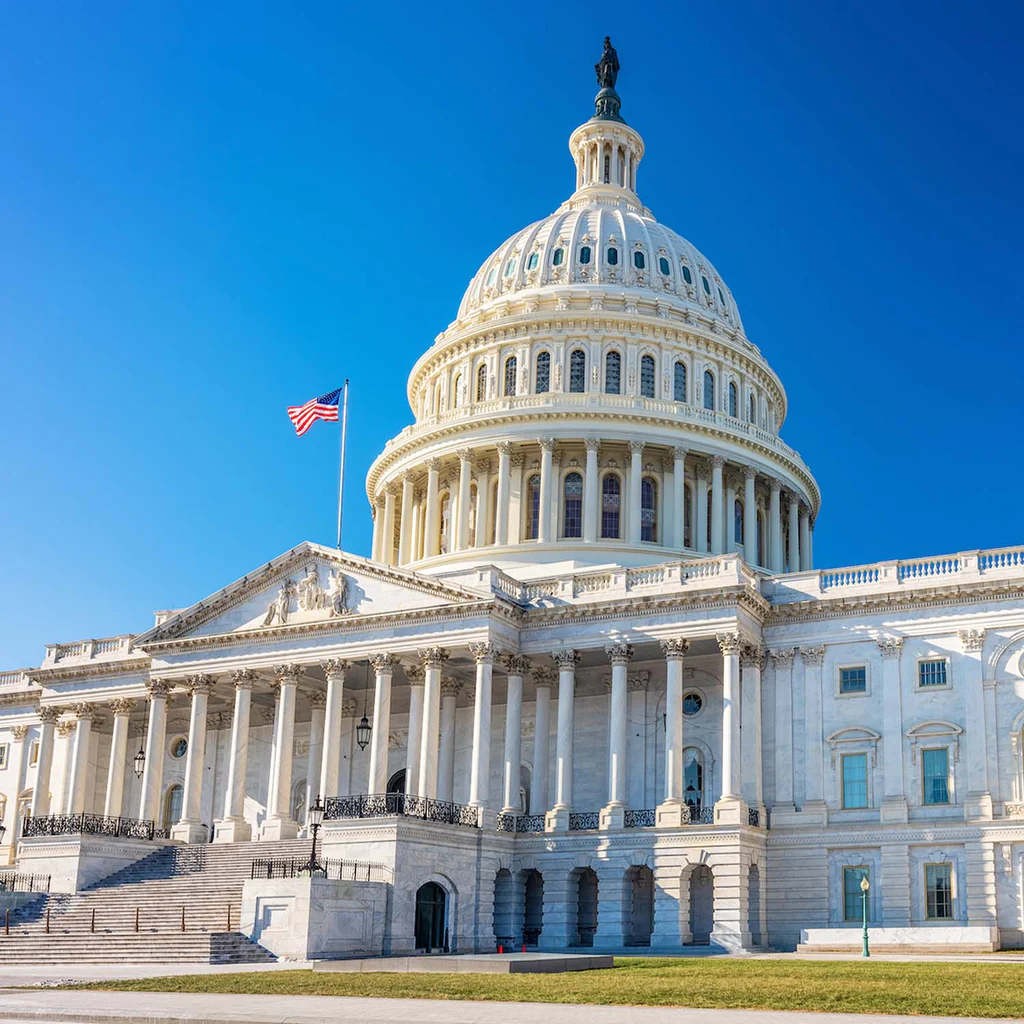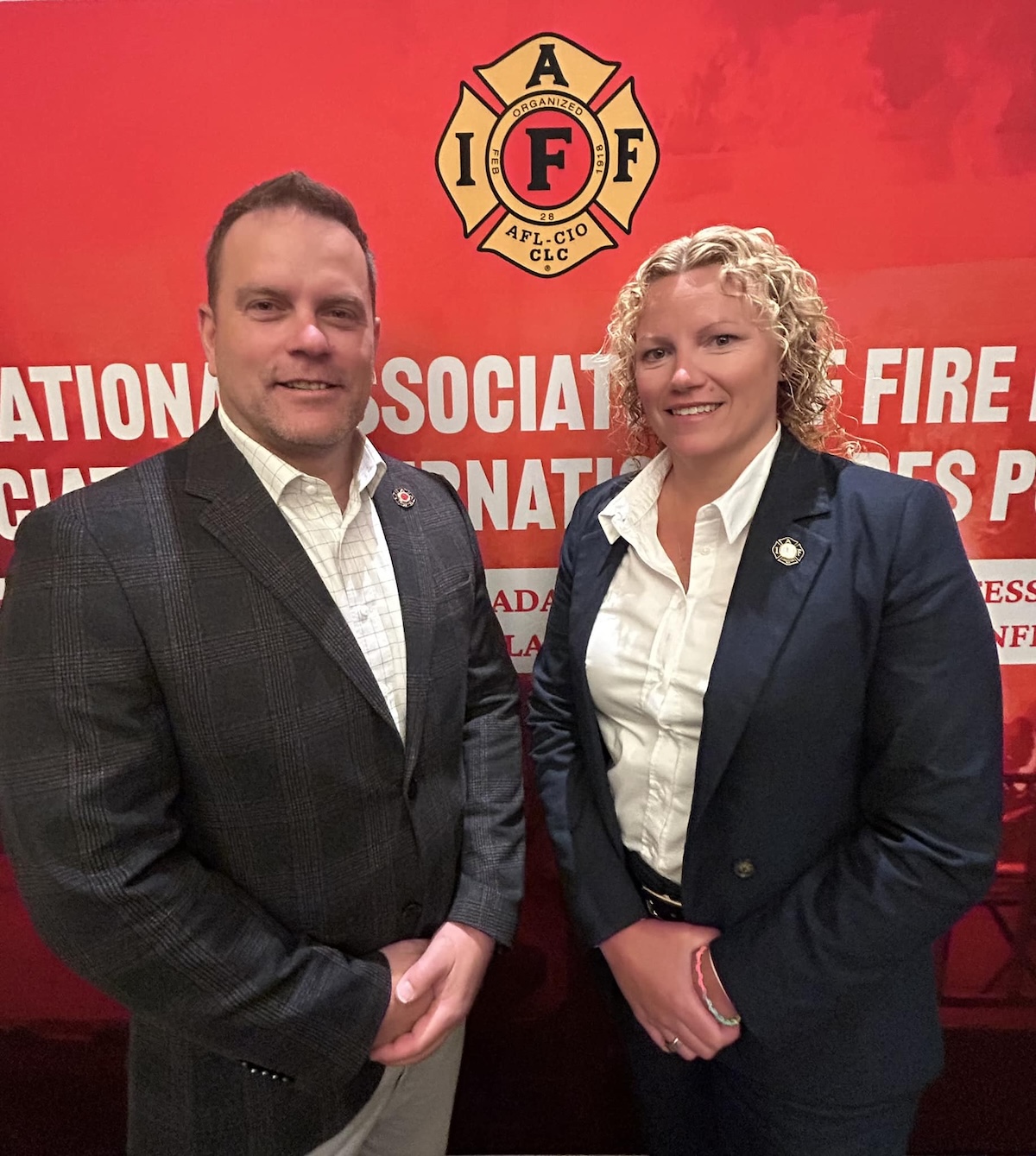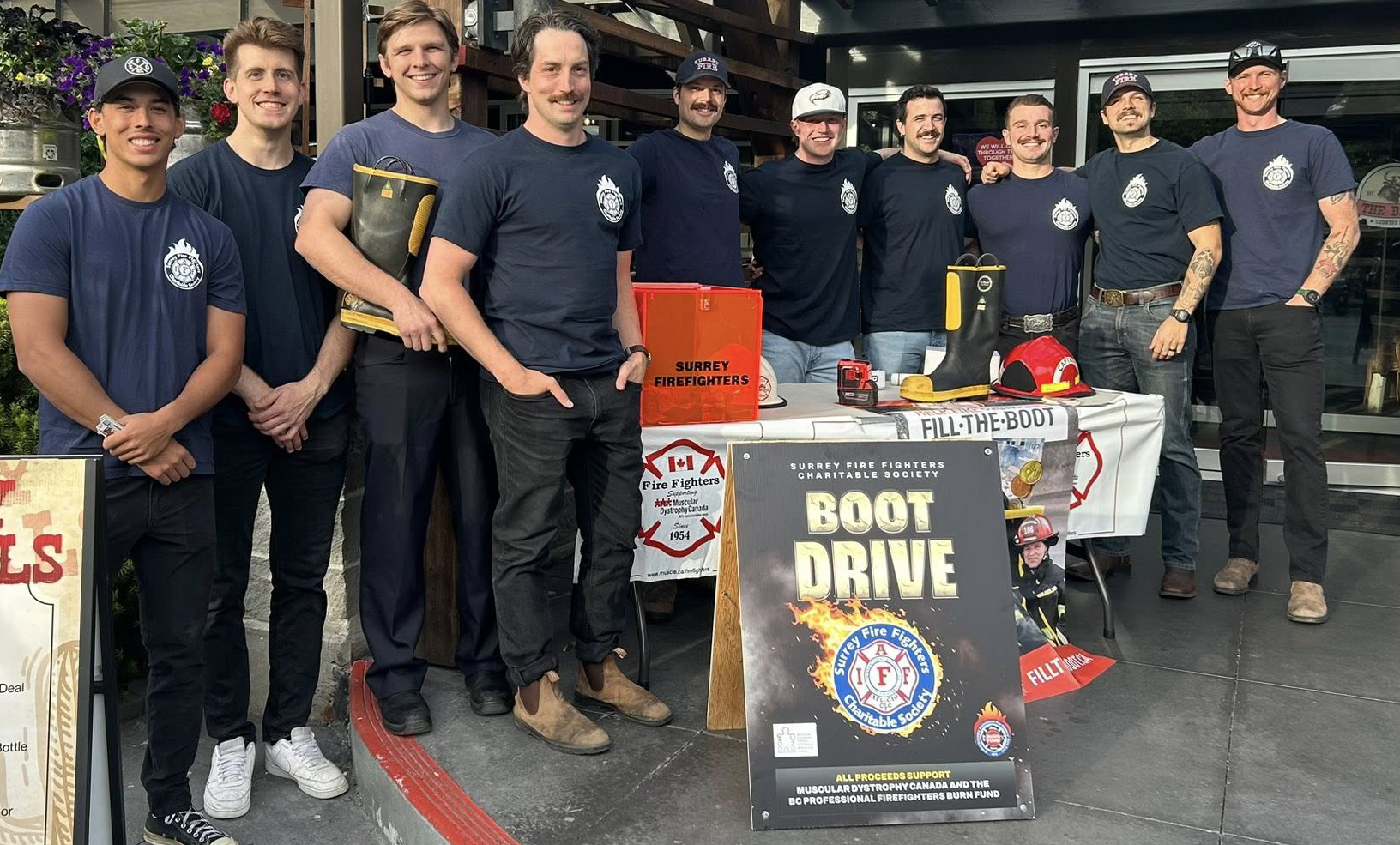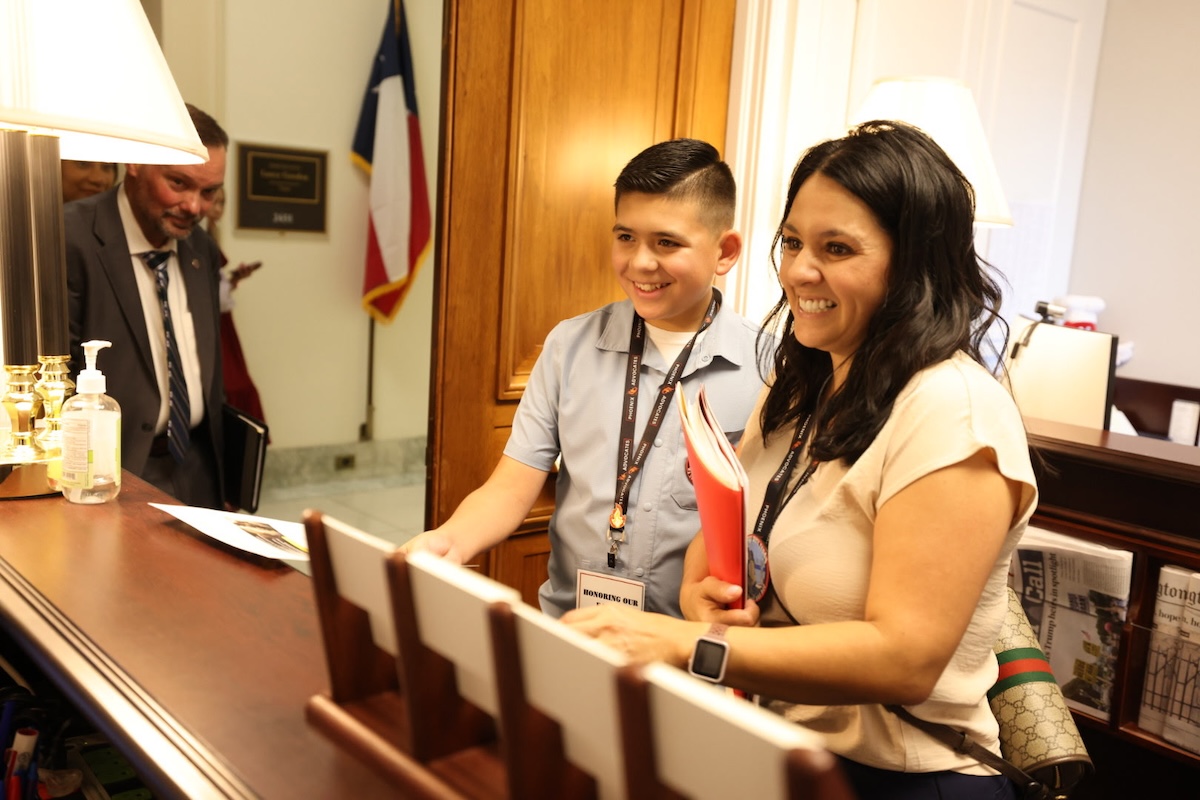The IAFF has secured major legislative and regulatory victories for its membership this summer.
Read below to see how they’ll benefit you and your Local:
Reauthorizing AFG/SAFER Grant Funding
On June 9, President Joe Biden signed the Fire Grants and Safety Act into law at a ceremony attended by General President Edward Kelly and other fire service leaders.
The bill was the IAFF’s top legislative priority this Congress. It reauthorized key staffing and safety grant programs that were set to expire at the end of the fiscal year.
The road to the President’s desk wasn’t easy. But after months of IAFF lobbying efforts, the House of Representatives passed the Fire Grants and Safety Act on May 8 by a bipartisan vote of 393-13. The bill then went to the Senate, which passed it on June 18 by an 88-2 margin, clearing the way for it to become law.
AFG/SAFER grants are essential to maintaining public safety, providing more than $700 million in annual funding to improve staffing, training, and equipment at U.S. fire departments.
Republicans and Democrats praised the Fire Grants and Safety Act, which authorized AFG/SAFER funding for an additional 5 fiscal years. See what they had to say here.
Protecting Fire Fighters and Communities from Hazardous Materials
In June, the Department of Transportation (DOT) announced a new rule to protect fire fighters and other first responders from accidents involving hazardous materials.
The rule, developed by DOT’s Pipeline and Hazardous Materials Safety Administration (PHMSA), requires railroad companies to document what materials they’re carrying before departure and transmit that information to first responders as soon as they become aware of a derailment or accident.
When a train carrying hazardous materials derailed last year in East Palestine, Ohio, fire fighters and other first responders spent hours responding to the accident before they knew which chemicals and hazardous materials were on board the train.
The new rule, which comes amid a series of rail safety reforms initiated after the derailment, will prevent these delays by ensuring this critical information is compiled and accessible for first responders before they arrive on the scene.
Senior IAFF staff from multiple divisions regularly met with PHMSA during the development of the rule to ensure it met the needs of fire fighters and other first responders.
You can learn more about DOT’s new rule here.
Fighting to Honor Our Fallen Heroes
In July, the families of fallen fire fighters met with lawmakers on Capitol Hill to lobby for the IAFF-endorsed Honor Our Fallen Heroes Act.
These brave survivors, along with IAFF staff and affiliate leaders, shared their stories with dozens of Republicans and Democrats in both chambers as they asked for their support on the bill.
Following their meetings, Senators Rick Scott (R-FL) and Tim Kaine (D-VA) signed on to the Senate version of the bill as co-sponsors – which now has 33 Senators supporting it. In the House, seven lawmakers agreed to co-sponsor the bill after their meetings – five Republicans and two Democrats – bringing the total number of co-sponsors to 125.
Last year, 72% of all IAFF line-of-duty deaths were due to occupational cancer. Yet the federal government doesn’t currently recognize these deaths as being job-related.
The bipartisan Honor Our Fallen Heroes Act would right this wrong by extending Public Safety Officer Benefits (PSOB) to the survivors of fire fighters who died from occupational cancers.
Learn more about how this bill will honor our heroes here.
Calling for a vote on eliminating WEP/GPO
This month, Senators Susan Collins (R-ME) and Sherrod Brown (D-OH) sent a letter to Senate Leadership demanding a vote on the IAFF-endorsed Social Security Fairness Act.
This bipartisan legislation would eliminate the unfair WEP/GPO penalties on retirees, ensuring fire fighters and other public servants can retire with dignity.
In their letter, Brown and Collins – the lead sponsors of the Senate version of the bill – laid out the harm these provisions cause retirees, and outlined the overwhelming amount of support the bill has.
The Social Security Fairness Act has nearly 400 co-sponsors between the House and Senate, making it one of the most bipartisan pieces of legislation introduced this Congress. Many labor unions and other advocates have joined the IAFF in publicly endorsing the bill.
You can read their letter here.
To join the Senators in calling for a vote on the Social Security Fairness Act, click here.
Expanding the IAFF’s HazMat Training Department
On Aug. 12, the Department of Transportation’s (DOT) Pipeline and Hazardous Materials Safety Administration (PHMSA) awarded the IAFF a nearly $2 million grant to expand its HazMat training program.
The IAFF currently certifies about 350 fire fighters a year in proper HazMat response through its existing training programs.
With the recent federal funding increase, the IAFF’s Hazardous Materials Training Department now expects to be able to train nearly 2,000 fire fighters per year.
DOT believes this new funding will be a central component in its plan to increase the number of HazMat-trained fire fighters in the United States by nearly 200%.
Fire fighters are often the first ones on a hazardous or toxic materials accident scene. Ensuring they are trained in the proper safety and response procedures is essential to keeping both them and the surrounding communities safe.
Learn more about the IAFF’s increased grant funding here.



